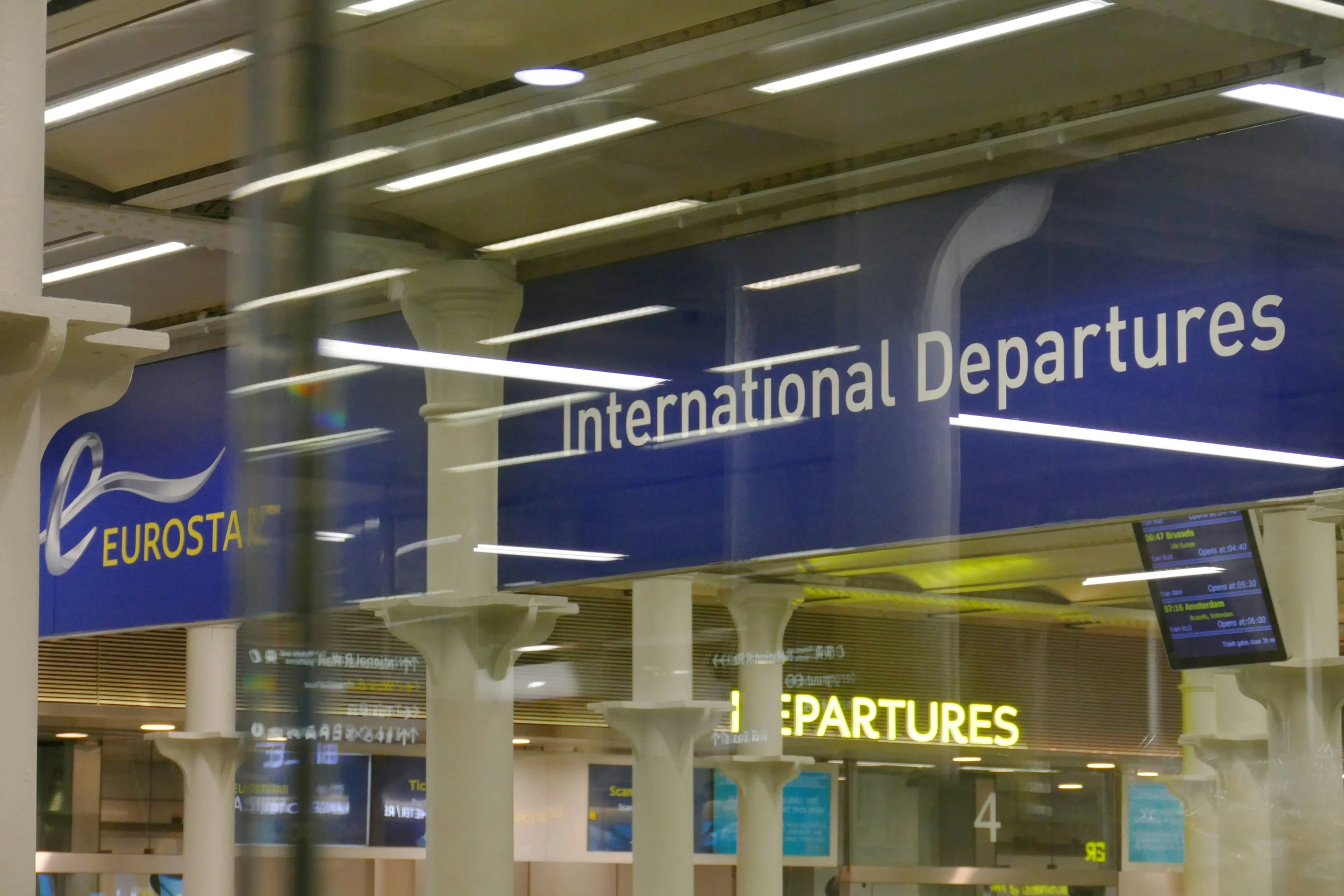Canada’s Doors Open: Permanent Residency Pathways for Ukrainians and Palestinians
Canada has introduced a range of immigration measures and humanitarian responses in recent years to help people affected by the conflicts in Ukraine and in the Palestinian territories. If you are Ukrainian or Palestinian (or supporting someone who is), it’s important to know the realistic pathways to permanent residency (PR) in Canada, the temporary measures that can lead to longer-term options, and the refugee/resettlement routes that remain available.
Temporary Measures and How They Connect to Permanent Residence
After Russia’s full-scale invasion of Ukraine, Canada launched the Canada–Ukraine Authorisation for Emergency Travel (CUAET) in March 2022. CUAET provided fast, largely uncapped temporary status, visitor visas, open work permits, and study permits, so Ukrainians could come to Canada quickly and support themselves or study while remaining here for up to three years. CUAET was designed as a temporary, humanitarian emergency measure rather than a direct PR stream; however, many Ukrainians arrived under CUAET and then pursued regular Canadian immigration routes (work permits, Express Entry, PNPs, family sponsorship, and other PR programs).
For Palestinians, Canada implemented targeted temporary public policies and special measures to assist Palestinian passport holders and certain foreign national family members of Canadian citizens and permanent residents. These measures included fee-exempt study permits and open work permits for eligible temporary residents already in Canada, expanded settlement supports, and, in crisis periods, special family-based or extended family pathways for those in Gaza who have a qualifying Canadian anchor.
It is critical to understand that temporary measures are not the same as automatic permanent residency; however, temporary status can be a launching point. People who arrive under CUAET or who extend temporary stays under Palestinian measures often become eligible for standard PR routes through work experience that qualifies under Express Entry or Provincial Nominee Programs (PNPs), family sponsorship if they have eligible relatives, or humanitarian avenues. The IRCC also periodically opened targeted family-reunification PR windows for Ukrainians; these intakes have had deadlines and limited eligibility, so missing the intake does not permanently block other PR options.
Direct Permanent Residency and Economic Pathways
Ukrainian and Palestinian nationals may apply for PR through Canada’s mainstream immigration programs just like other foreign nationals. The most common economic routes are Express Entry (Federal Skilled Worker, Federal Skilled Trades, and Canadian Experience Class) and Provincial Nominee Programs (PNPs). Work experience gained in Canada under open work permits (such as those issued under CUAET or Palestinian temporary measures) can help applicants qualify for the Canadian Experience Class or make them attractive nominees under provincial streams.
Canada also runs humanitarian economic pilots such as the Economic Mobility Pathways Pilot (which, in some cases, helps skilled refugees access labour-market pathways). Where eligible, this pilot can be useful for people who have refugee status or who are identified as refugees by partners like UNHCR and who have skills employers want.
Family Sponsorship and Targeted Family Reunification
Family sponsorship remains a major route to PR. Canadian citizens and permanent residents can sponsor spouses, dependent children, parents, and grandparents under standard family-class sponsorship programs. For Ukrainians, IRCC implemented a targeted family-reunification PR pathway (with a time-limited intake) to expedite family reunification for certain Ukrainians with ties to Canada; that program’s intake has since closed, but processed applications are being finalised. If you have a qualifying Canadian sponsor, family sponsorship remains a primary route to PR and is governed by IRCC’s family-sponsorship rules.
For Palestinians with qualifying Canadian anchors (e.g., extended family programs for Gaza in specific emergency measures), IRCC at times sets up special application streams that couple temporary admission with targeted family pathways. These are time-limited and have specific eligibility rules, so check IRCC’s crisis pages for the latest details.
Refugee and Resettlement Routes
If you cannot use economic or family programs, refugee or resettlement pathways are the humanitarian alternatives. Canada’s three main refugee resettlement and protection channels are Government-Assisted Refugees (GAR), Blended Visa Office-Referred (BVOR), and Private Sponsorship of Refugees (PSR). Through these programs, eligible refugees identified overseas by UNHCR or other referral partners (or sponsored privately by Canadian groups) can be resettled to Canada as permanent residents.
In Canada, refugee claimants can also seek protection by making an inland refugee claim. If a claimant is found to be a convention refugee or a person in need of protection by the Immigration and Refugee Board, they can pursue PR options subject to applicable rules. Note, however, that evidentiary requirements, admissibility concerns, and backlog realities mean that inland claims often involve lengthy processes; legal advice improves prospects and helps navigate appeals and related applications.
Settlement Supports, Extensions and Practical Tips
The IRCC and settlement organisations offer services to help people arriving under emergency or special measures access housing, language training, employment supports and legal help. For Ukrainians, CUAET recipients have had access to open work permits and settlement services; for Palestinians, temporary measures in Canada have included fee-exempt applications for study and work permits and access to settlement services where eligible. These supports can be essential to gaining the work experience and community ties that strengthen a PR application. Always confirm eligibility and deadlines on the official IRCC crisis and measures pages.
Important Cautions and Timing Realities
Many special measures are time-limited, intake-based, or require specific eligibility criteria. For example, the CUAET temporary application intake closed for new applicants on specific dates, even as extensions and in-Canada measures continued for some who were already in Canada. Similarly, family-reunification windows for Ukrainians had set application periods. For Palestinians, temporary measures have been extended in some cases but remain conditional and subject to change. That is why early, accurate advice matters: missing a deadline or using the wrong application stream can delay or foreclose a PR pathway. See IRCC’s official crisis pages for the most up-to-date rules and dates.
✅ How Ayodele Law Can Help
Navigating temporary measures, refugee rules, and PR pathways simultaneously is complex. At Ayodele Law Professional Corporation, we help Ukrainian and Palestinian clients (and their sponsors) by: assessing eligibility for PR (Express Entry, PNP, family sponsorship, or humanitarian grounds), preparing and filing applications under special measures, advising on refugee/resettlement options or inland refugee claims, and representing clients when appeals or judicial review are necessary. We also help with timely document gathering, proof of relationship for family streams, employer evidence for economic pathways, and strategies for converting temporary status into a durable PR pathway.
If you or a family member is Ukrainian or Palestinian and looking for a pathway to permanent residency in Canada, don’t navigate this alone. Contact Ayodele Law today for a consultation tailored to your situation; we’ll explain which options are realistically available, what paperwork you need, and the timelines to watch so you don’t miss critical windows.
📞Book a consultation today to give your application the best possible chance of success


